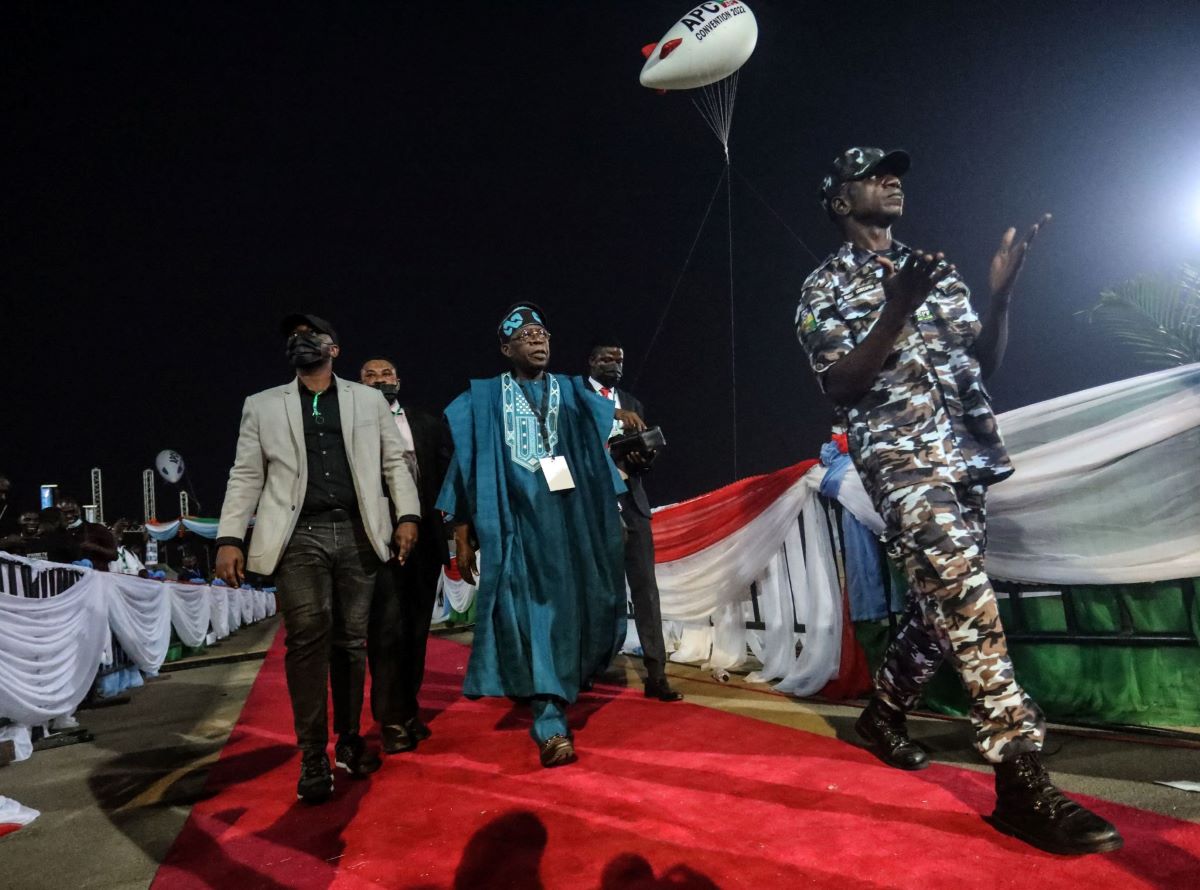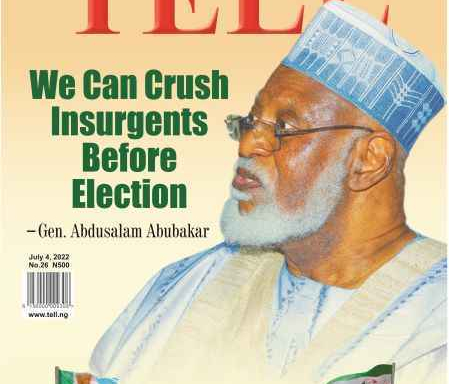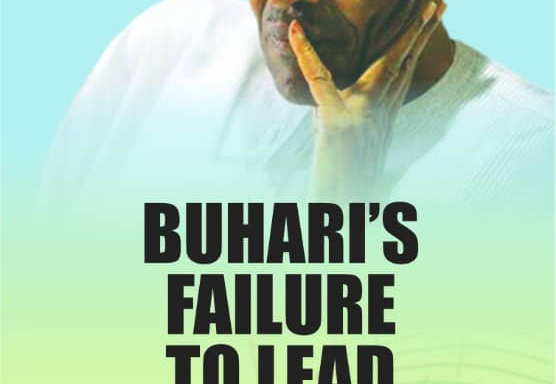
In the months of May and June, Nigerians temporarily dropped the whining over the style of governance of President Muhammadu Buhari and the parlous state of the economy to cheer the political parties. They wanted the parties to give us candidates who can change the narrative. This is so we can have competitive choices to pick from at the polls next year. Yes, we had candidates from the state congresses and primaries at the national level but the presidential candidates got the greatest attention, and they are still trending. However, the race had not even commenced when Nigerians started to wonder if change will truly come this time. The cause of the worry is the attitude of the presidential candidates, a number of who have shown that there is little to cheer about yet. This is because the first major decision that had to do with the choice of running mate has not been well executed, as it either had created bad blood within the party (example is the convulsion in the opposition People’s Democratic Party, PDP), or the candidates and their parties have shown that they could be indecisive.
Of particular reference are the candidates of one of the two major parties, the All Progressives Congress, APC and the two candidates that are being touted as the leading figures for the yet elusive third force. Rabiu Kwankwaso, former governor of Kano State, and Peter Obi, former governor of Anambra State who are candidates of the New Nigeria People’s Party, NNPP and Labour Party respectively, are seen as value-added politicians who could create upset in the forthcoming election. That is because of the belief that either of them could provide the alternative to candidates running on the philosophy of the two major parties that are seen to have provided a disappointing leadership since the return to civilian administration in 1999.
Contrary to what their supporters put forward, however, it may not really be accurate that either of them represents a clean break from the politicians believed to have been the bane of the country. Kwankwaso, who is the head of the Kwankwasiya movement is, no doubt, the second politician in the north, after President Buhari, to command a folk hero status in that part of the country today. The APC watches his political moves with keen interest, and perhaps trepidation. He had been in the same political camp with politicians of the two major parties, the PDP and the APC. In the case of Obi, who was elected as governor on the platform of the All Progressive Grand Alliance, APGA, he was an aspirant for the presidential ticket of the PDP where he was running mate to Atiku Abubakar in 2019. He is believed to have endeared himself to the people with the way he ran Anambra State for two terms in office. Some of his achievements are presented as his strength on social media. Kwankwaso has the same attraction with his administration of Kano State. It is instructive that the two politicians are being projected by admirers on the basis of their ideas and achievements in office, rather than because of where they hail from, or whether or not it is the turn of their geo-political zone to produce the next president.
A running mate is as qualified as his/her principal to hold the position of authority they both seek. Click To TweetHowever, the beauty of their ideas appears to be hiding under the cloud of their indecision. Kwankwaso and Obi are still searching for running mates, and in fact, they are seeking alliance to shore up their popularity for likely electoral victory. They need that alliance. For without it, the two will merely separately be spoilers in their limited areas of influence. What that implies is that failure to get into the needed partnership will only narrow the lead of whoever would carry the day next February between Atiku Abubakar of the PDP and Bola Tinubu of the ruling APC. But of concern here is the apparent dilly dally by the candidates, with the exception of Abubakar, to decide who shares the ticket with them. There is no doubt that they all have submitted forms each with a name in the column for a running mate, so they can beat the deadline set by the Independent National Electoral Commission, INEC, some of them are really not ready. And just as people were going to start to analyse what would likely be the contribution of the people whose names appeared with that of the candidates in the forms to INEC, they were told that those names may not share space with the candidates on the ballot. So, our political lexicon was further enriched with the term ‘placeholder’, the latter being a person who allowed his name to be submitted to the electoral umpire knowing full well that he might not be recognized during the campaigns, least of sharing power with the candidate if he wins. Thus, when the real running mate is found or agreed to, Mr. Placeholder will shift base! Is it at a price? We are not told.
Truly, consultations are necessary to take crucial decisions, but speed is of the essence where governance is involved knowing that it impacts on the lives of millions of people. While the candidates are not yet in office and so their decision on who shares tickets with them may not have a direct adverse effect on the people, the prevarication is seen as a red flag.
A running mate should be someone who has electoral value; a mate who can also contribute to the success of the candidate at the polls. And beyond that, he should be a strong force in the administration of the candidate when they eventually… Click To TweetIs the nation going to continue with the era of running on a slow pace and a deadpan response to matters regarded as life-threatening? Why is it so difficult to name a running mate among those who have been in the same political party for a long time? Is the running mate considered so unimportant that an aspirant would not have been able to have an idea of the qualities of the person he could work with, even before he got the ticket? In the book ‘Do Running Mates Matter?, written by Christopher Devine and Kyle Kpoko, the running mate is expected to be a companion before, during and after the polls. While they argue that a running mate may not necessarily help in increasing the tally of votes at the poll or influence the electorate’s perception of the candidate, they submit that the experience, qualification and appeal of the running mate [as one who could compliment the candidate and in whose hands the nation could be entrusted in the event of the demise of the candidate] are factors that make the running mate crucial to the ticket. Now, it is not in all cases, particularly in this clime, that the contribution of the running mate is over-looked. In fact, it is a major factor. So, it is apposite to ask, who fits that role and why? First, without a running mate, the candidate is deemed not to have satisfied the conditions for registration with the electoral commission. So, the running mate is very important, otherwise the candidate would not be qualified for the race. A running mate should be someone who has electoral value; a mate who can also contribute to the success of the candidate at the polls. And beyond that, he should be a strong force in the administration of the candidate when they eventually win the election. A running mate is as qualified as his/her principal to hold the position of authority they both seek. He or she is chosen to balance the ticket, either geo-graphically, ideologically, ethnically or [as is the case in Nigeria] religious wise. Some of the time, gender balance is also considered. With the exception of a few countries like Philippines where the vice presidential running mate could come from another party, the running mate is selected from the candidate’s party. But the candidate and the running mate are not (as it is said in local parlance) mates! Is that confusing? Not in the least, for even the running mate knows that there is no equality between them. One is the principal, and the other (apology to Chukwuemeka Ezeife, former governor of Anambra state) but a spare tyre!
Since he is not just a mere companion in the race for the office, the candidate looks out for a person who can aid his chances at the poll as well as a partner he would be able to work with. Click To TweetThere have been cases when a deputy governor is so much an outsider in government that he/she would not know when the governor is in town nor will he be abreast of goings on in government. Curiously, the culture appears to be that when you voice out, you lose out. Deputy governors and Vice Presidents who are at peace with their principals are known to be as submissive as the biblical wife in her husband’s house. If the chief of staff to your principal wakes up one morning and re-assigns some responsibilities earlier given to you by the boss, you merely seek clarifications than fight for a privilege granted by the boss. For a wise deputy knows that the chief of staff is a messenger of the throne. What cannot be wished away is the fact that without the running mate, the candidate risks losing the chance to contest for office. And since he is not just a mere companion in the race for the office, the candidate looks out for a person who can aid his chances at the poll as well as a partner he would be able to work with. But first, that fellow who can also be a winning partner. So, when are the candidates going to give us their winning partners?
Click here to read more articles


 WhatsApp us
WhatsApp us
Leave a Reply